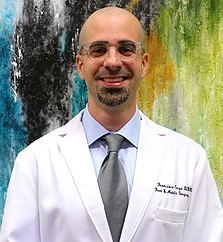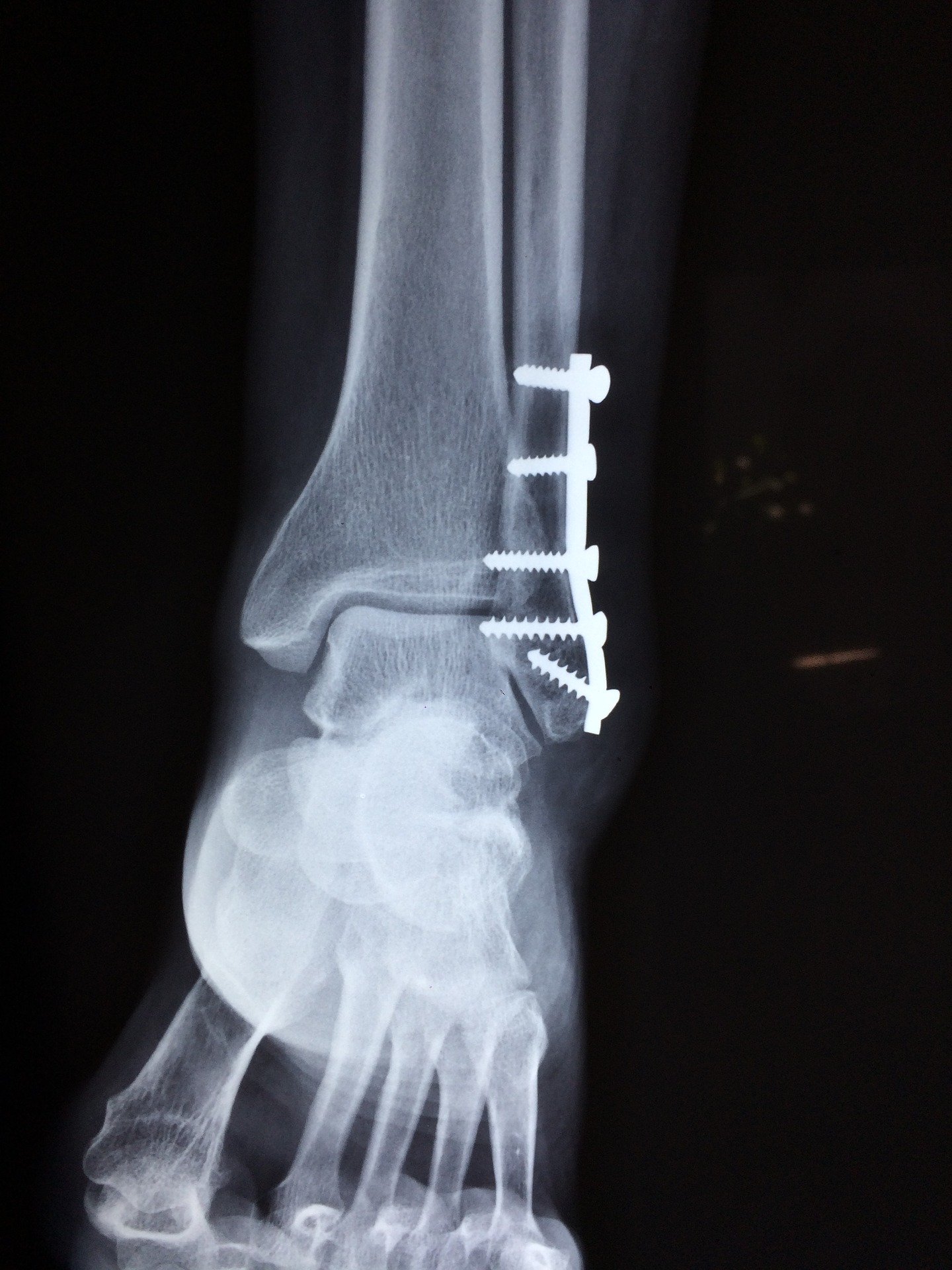Meet the Expert

Francisco J. Cuza, DPM FACFAS
Expert Medical Witness
Dr. Cuza is recognized as expert in the field of foot and ankle surgery due to his education, training, and over 11 years of experience. He will always be truthful. He firmly believes that when giving an opinion or testifying as an expert witness, he will do so solely in accordance with the merits of the case. As a Medical expert, Dr. Cuza will not accept compensation that is contingent upon the outcome of litigation.

What is a Podiatry expert witness?
What is a Podiatrist (Foot and Ankle Surgeon)?
Upon completion, a Doctor of Podiatric Medicine (DPM) degree is earned. In order to become competent in Podiatric Surgery, graduates then proceed with residency training. To further increase standards and competency, a process of board qualification and subsequent board certification follows. The most recognized boards are; American Board of Podiatric Medicine (ABPM) or the American Board of Foot & Ankle Surgery (ABFAS).
Podiatrists treat and or specialize in a range of areas including fractures, sports-related injuries, diabetic foot care, wound care, foot deformities and other conditions associated to the foot and ankle. Treatment can be either non-surgical as well as surgical. In many instances non-surgical treatment is more than adequate.
Doctors of Podiatric Medicine share some commonalities with Medical Doctors (MD) and Doctors of Osteopathic Medicine (DO) who practice foot and ankle surgery. Medical Doctors and Doctors of Osteopathic Medicine, complete four years of medical school. Then, they complete residency training (typically in general orthopedics). Finally, they receive additional training via a fellowship program to specialize in foot and ankle medicine and surgery. Despite the extended duration of M.D. and D.O education, Podiatrists and Orthopedic Surgeons share a great deal in common in terms of isolated foot and ankle care.

